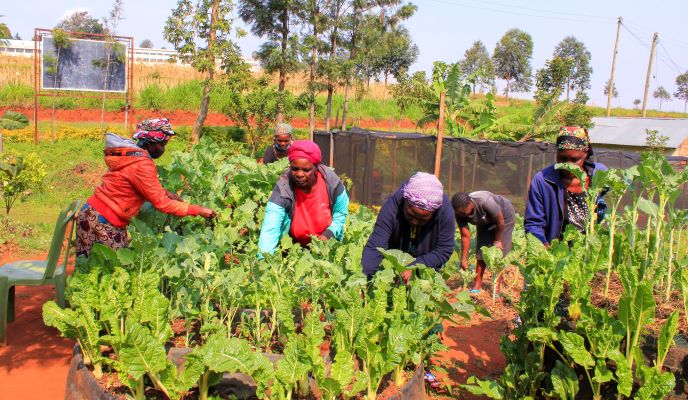
Financial pressures, long working hours and isolation are among with the causes of “concerning” levels of anxiety among farming women, a new study shows.
The stresses of balancing childcare, caring responsibilities and non-farming work, gender inequalities within agriculture and, in some cases, domestic violence and rural crime, could also be exacerbating mental health issues, experts have warned.
A total of 23 per cent of women who took part in the research had anxiety, a further 34.6 per cent were experiencing mild anxiety whilst 42.1 per cent were not suffering from anxiety.
The factors found to have the strongest relationship with moderate and severe anxiety were concerns about the future of the farm/farming; financial pressures; workload, isolation and relationships with family.
The study, published in the Journal of Agromedicine, was carried out by Dr Rebecca Wheeler and Professor Matt Lobley from the University of Exeter and funded by the Royal Agricultural Benevolent Institute (RABI). They surveyed 15,296 members of the agricultural community and the results for this study came from a subsection of 3,487 female respondents. Researchers used standardised instruments to assess mental health and wellbeing, including the Generalised Anxiety Disorder-7 scale (GAD-7).
Dr Wheeler said: “We have found concerning levels of anxiety among farming women and this should be seen as a call to action. There are clear associations between anxiety, stress and loneliness and, although we cannot ascertain causality, these point to issues that demand attention in efforts to improve mental health.”
Professor Lobley said: “Addressing only the symptoms of mental health problems will be insufficient, and there is a need to reduce some of the stressors commonly affecting farm women by, for instance, providing greater business-related support and seeking opportunities to help farm women build and maintain stronger social relationships.”
Levels of loneliness were highest among women aged 25 to 34, and markedly higher than equivalent levels in the wider population. This group was also the most likely to be anxious.
Working-aged women appeared more likely to be stressed by feeling isolated, family relationships and workload than older women – all factors that were identified as most strongly associated with moderate/severe anxiety.
Dr Wheeler said: “It is easy to imagine how any confluence of strained family relationships, long working hours, and feeling isolated might be associated with a person also feeling lonely and/or anxious. The addition of numerous other common farming stressors – many of which concern factors lying outside the control of individual farmers and farming families – can only add to this burden.”
Younger women were more stressed by financial pressures, and to a lesser extent concerns about the future of the farm/farming, than older women. Half of those aged between 25 and 44 said they were stressed quite a lot/to a large extent by financial pressures.
There was a statistically significant association between anxiety levels and how often respondents said they felt lonely. A total of 64.5 per cent of those who were often or always lonely were classified as having moderate/severe anxiety, compared to just 7.4 per cent of those who were never lonely.






